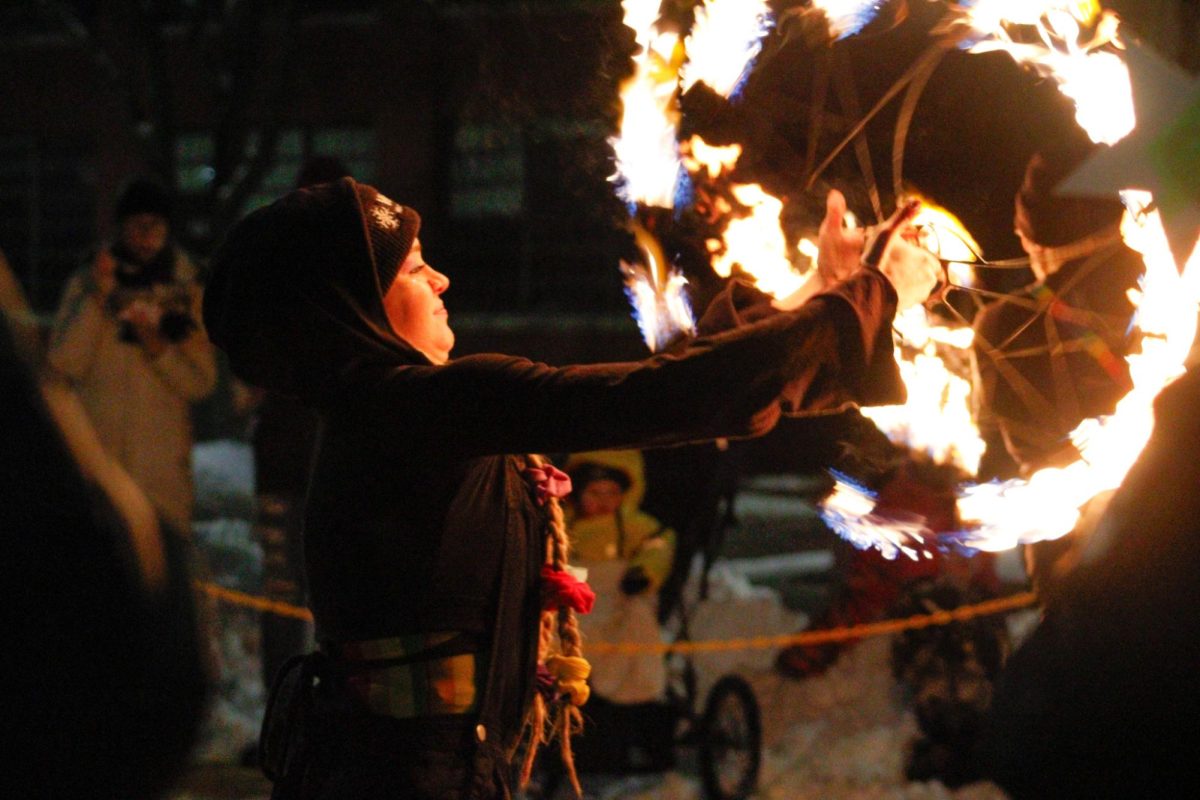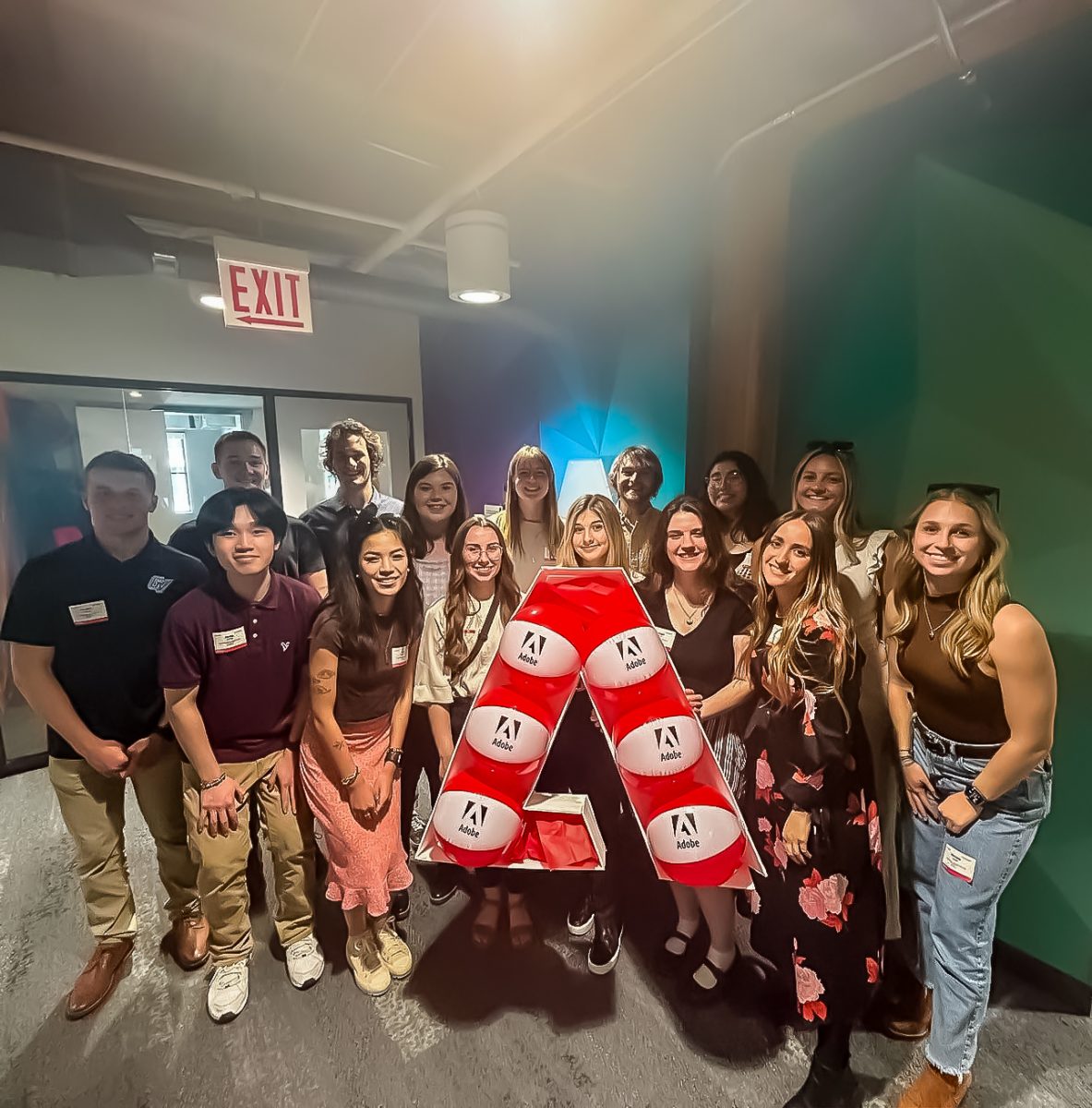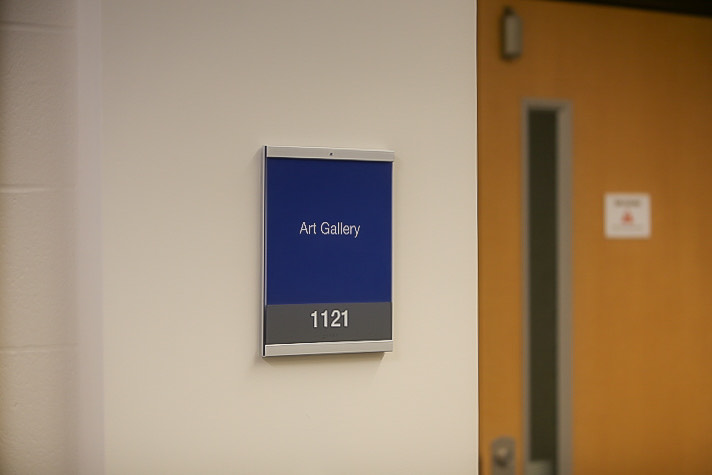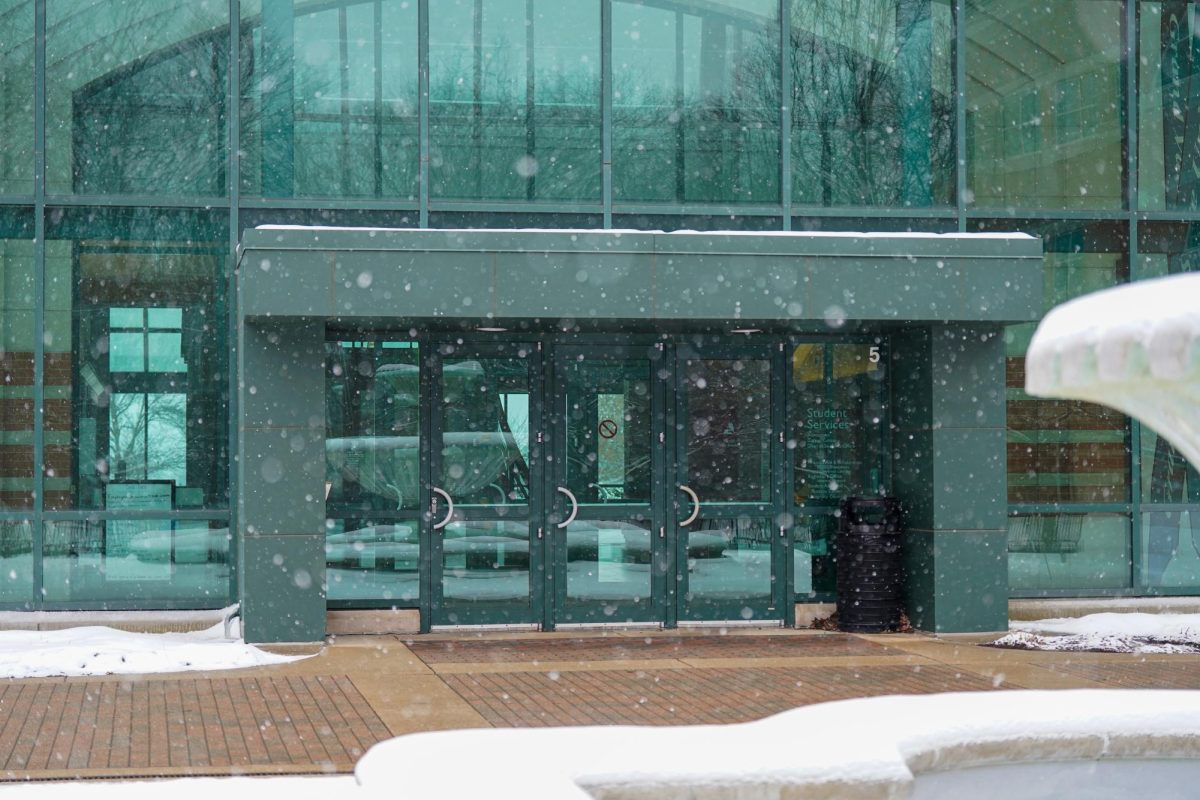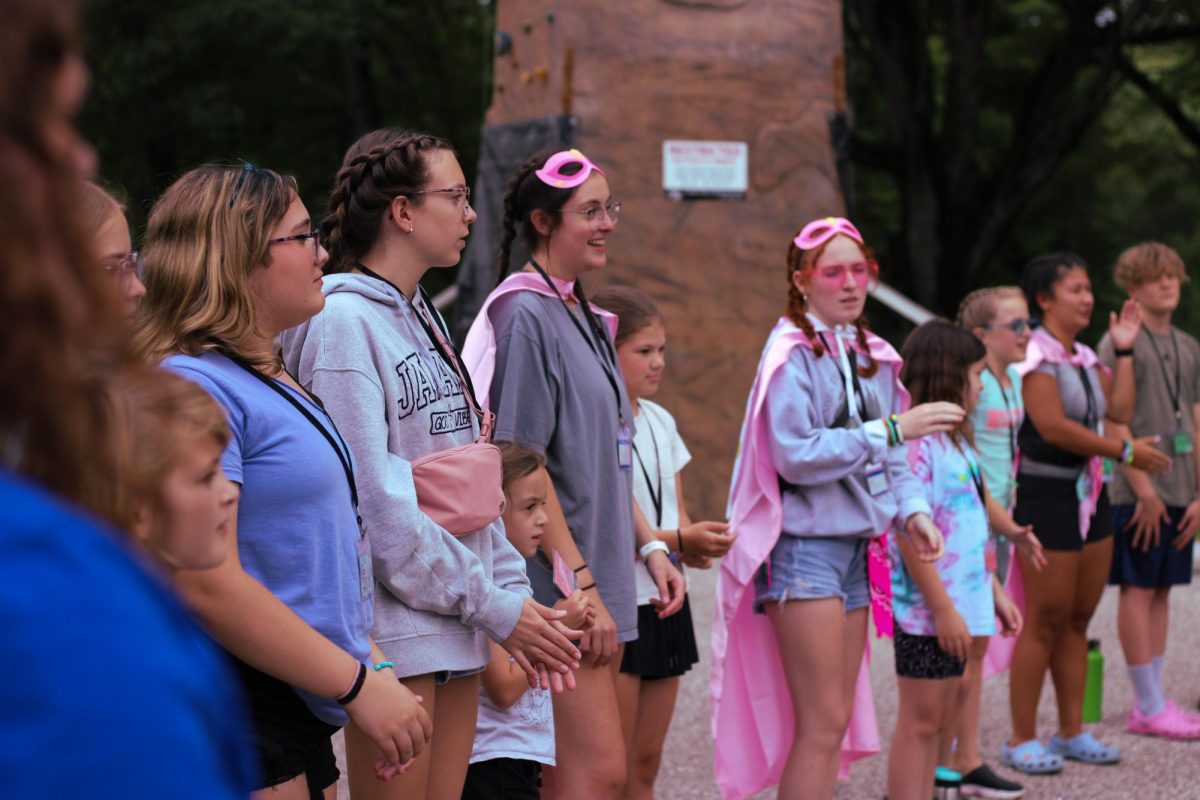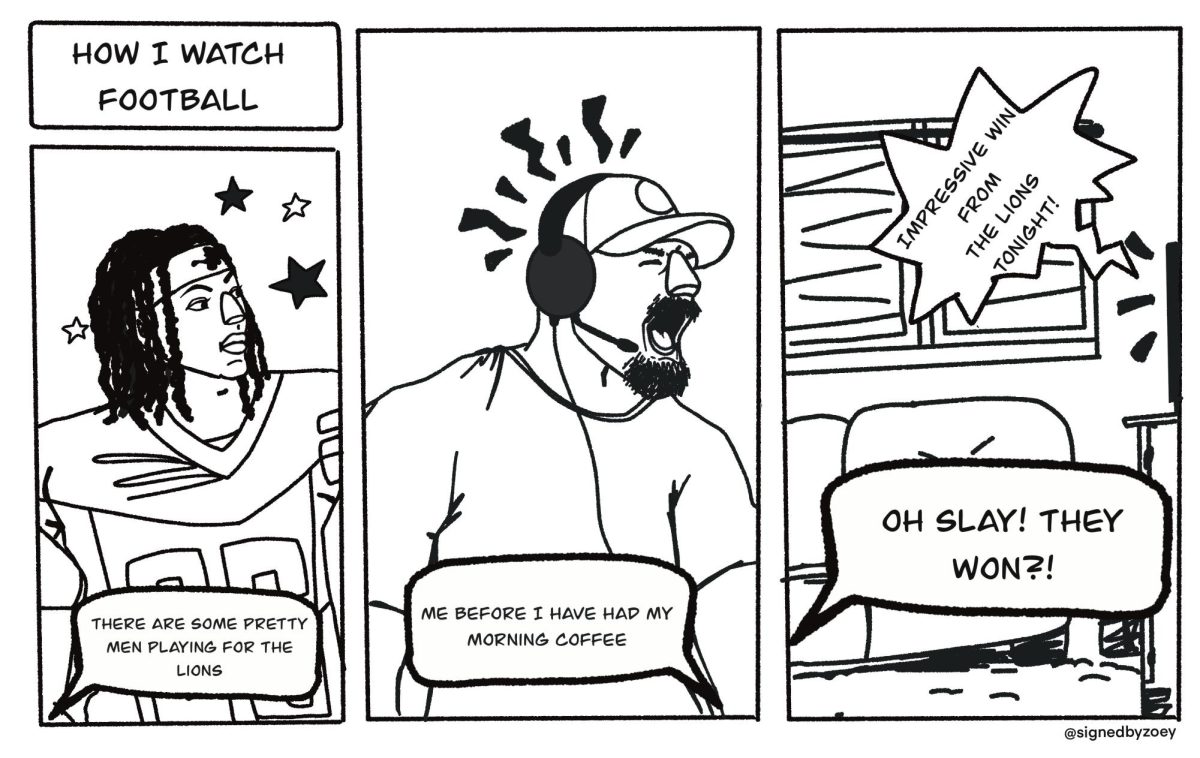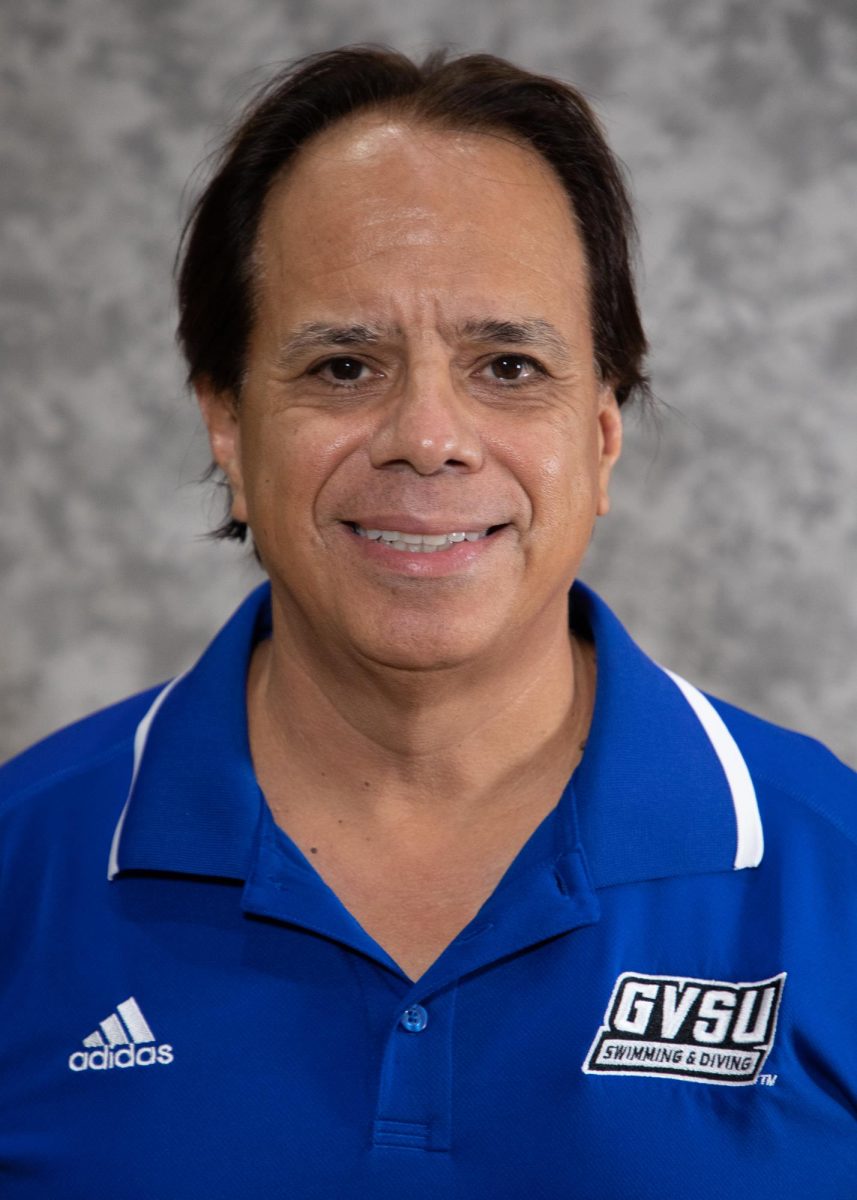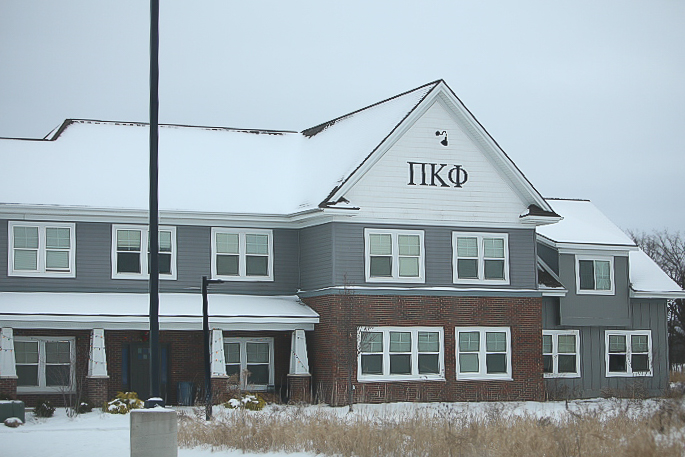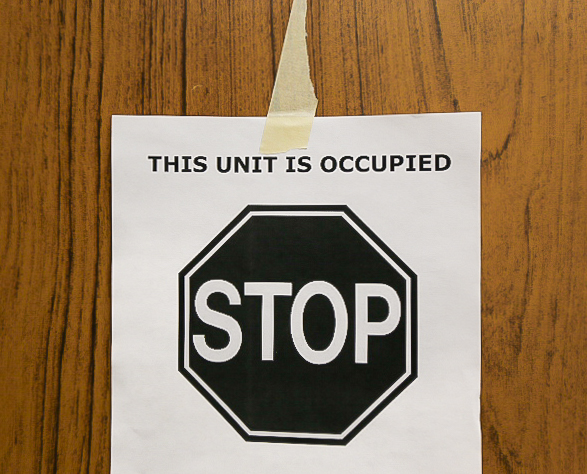Hope-ful
Apr 22, 2010
Hope College’s refusal to recognize LGBT advocacy groups on the grounds of church doctrine rejects the most basic definition of education and the Grand Valley State University community should not let this discriminatory practice go unchecked.
Although media coverage seems to argue the contrary, the situation at Hope College is by no means a novel dilemma.
As our nation settles into the 21st century, it is to be expected that the will of modern society will clash with the teachings of first century religion.
Human beings are curious creatures and it is because of this natural thirst for knowledge we question and explore the world around us.
Yet, as historical and current situations show, religion is not always receptive to such exploration.
In 1633, the Inquisition accused Galileo Galilei of heresy and he was placed under house arrest for the remainder of his life.
His crime? He publicly supported the scientific view that the earth and planets revolved around the sun, and in doing so, opposed religious teachings claiming the opposite.
While Galileo lived almost 400 years ago, the conflict between religion and knowledge is no less harsh and oppressive today as it was four centuries ago.
In a university setting, even one with religious affiliation, where does religion end and knowledge begin?
Despite its religious foundation, Hope College cannot limit its students’ education to only those subjects sanctioned by church doctrine.
For students to be able to speak and act intelligently in their post-college lives, they must be familiar with issues that extend beyond the church yard.
Hope College cites its 1995 Institutional Statement on Homosexuality as justification for why it “will not provide recognition, financial or logistical support for groups whose purposes include the advocacy or moral legitimization of homosexual behavior.”
While an argument could be made for refusing to offer financial support to any organization, refusing “recognition” and “logistical support” nullifies the role of the university as a catalyst of education and exploration.
An institution cannot claim itself as a place of higher education when its practices seek to suppress the core elements of knowledge itself.
Hope’s mission statement boasts a commitment to “educate students for lives of leadership and service in a global society through academic and co-curricular programs of recognized excellence in the liberal arts and in the context of the historic Christian faith.”
No college or university can claim it prepares its students for a global society when its discriminatory practices restrict and deter the very knowledge and understanding necessary to create an informed citizenry.











